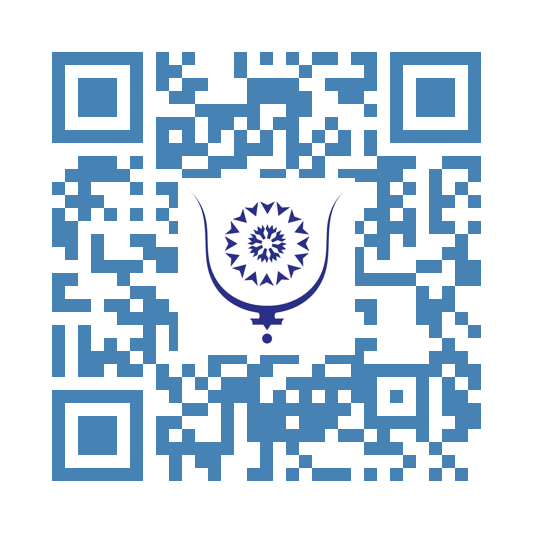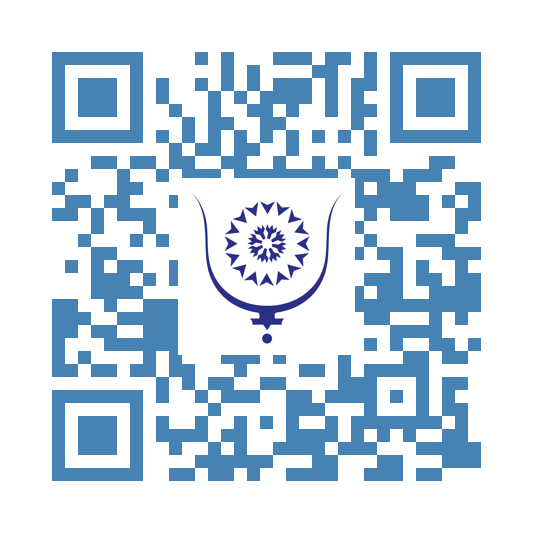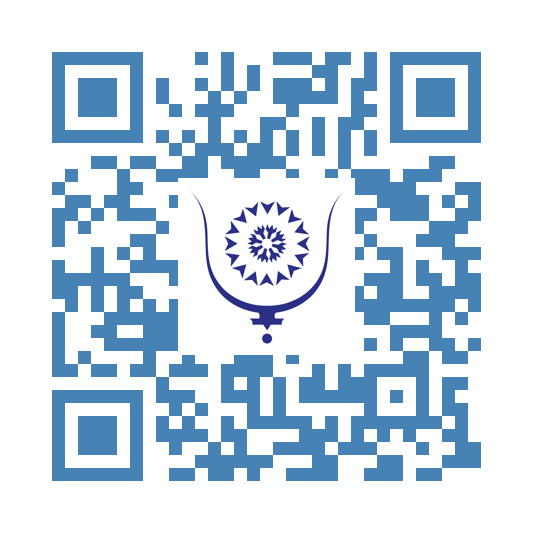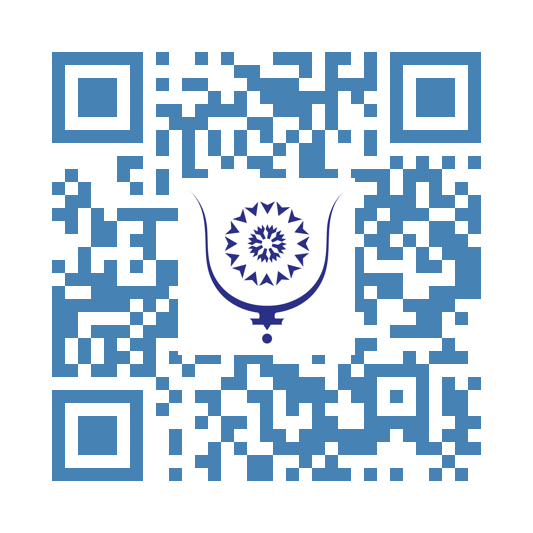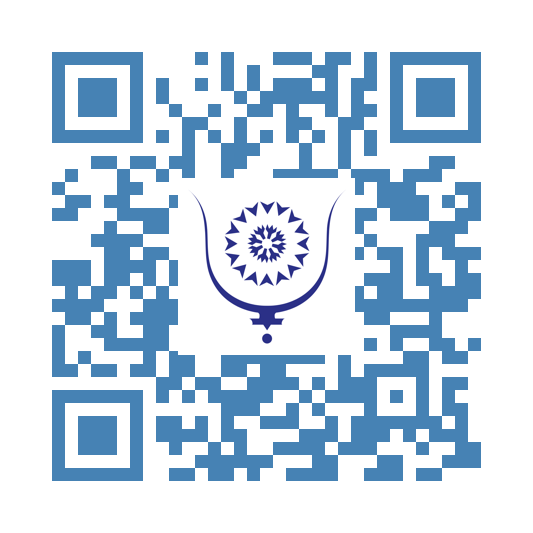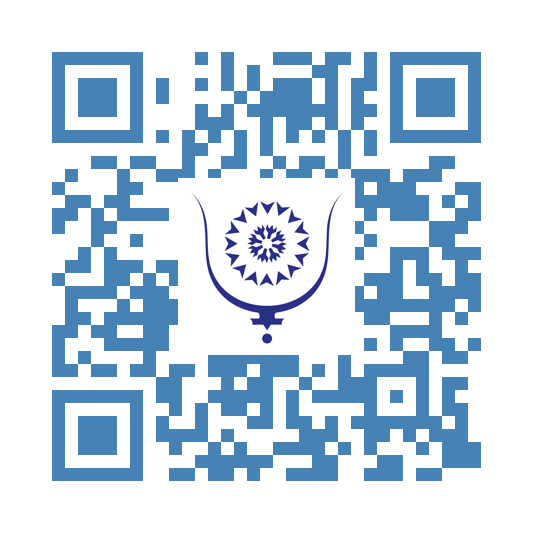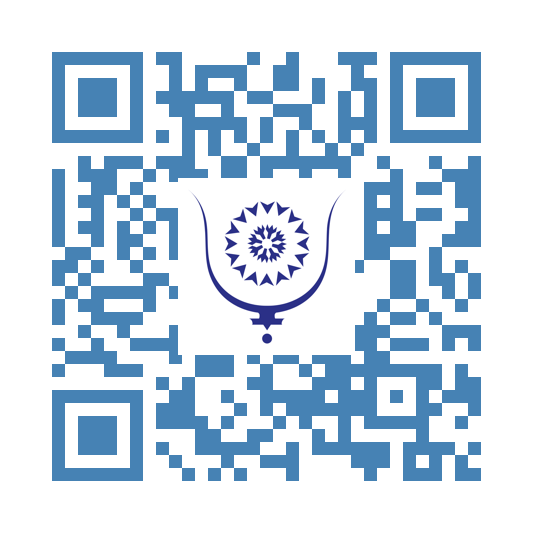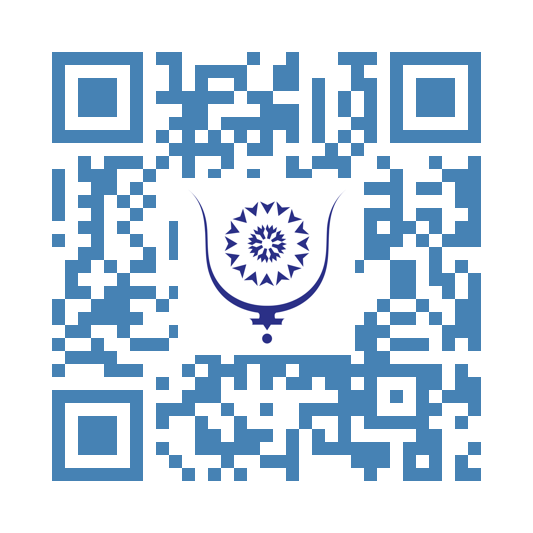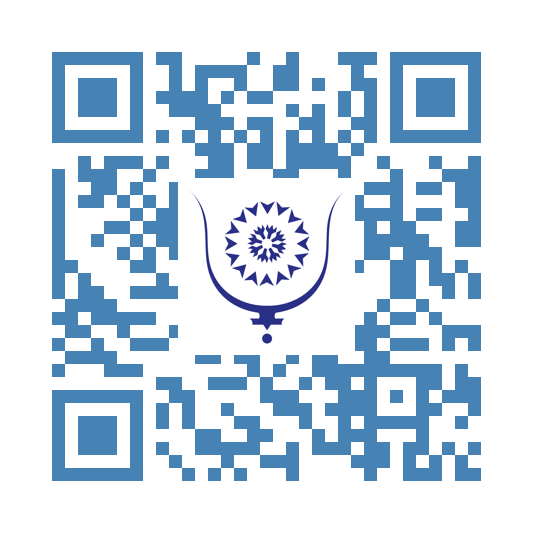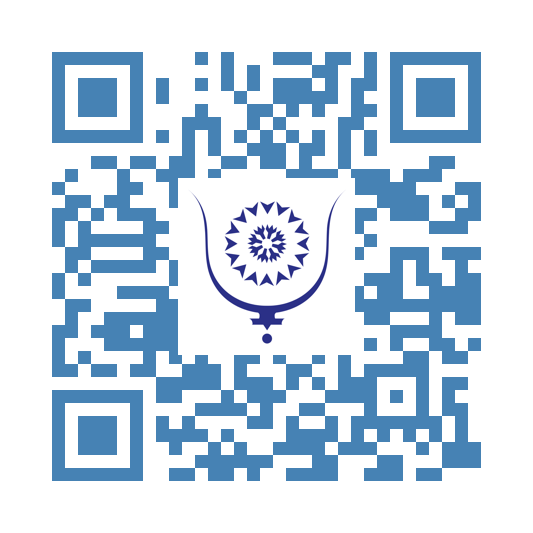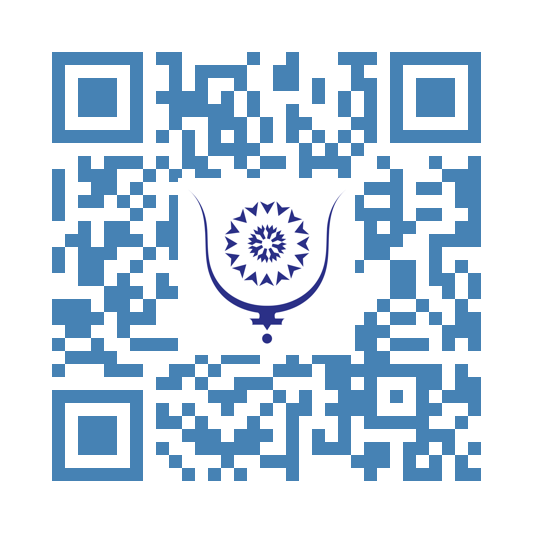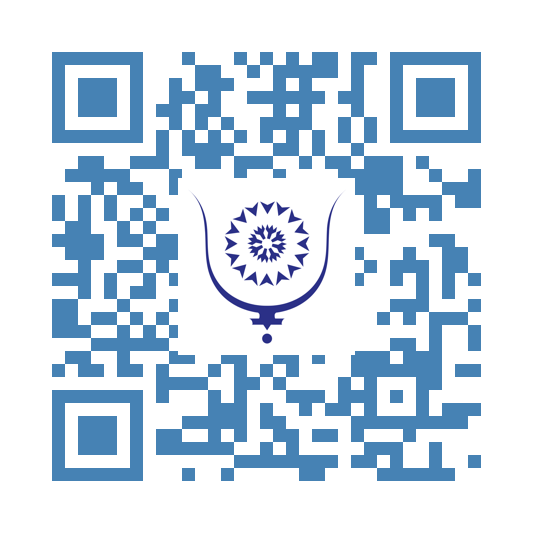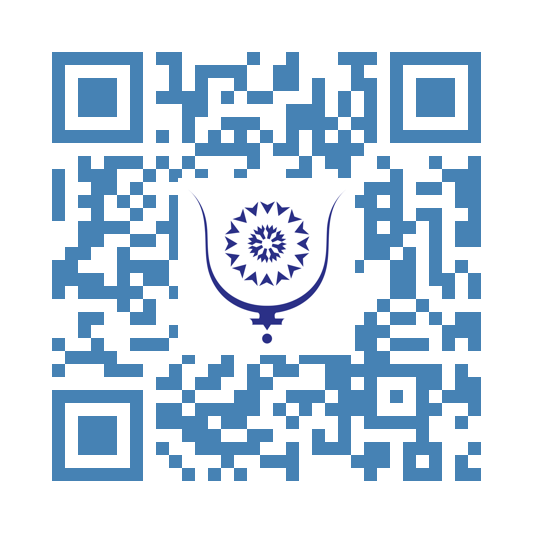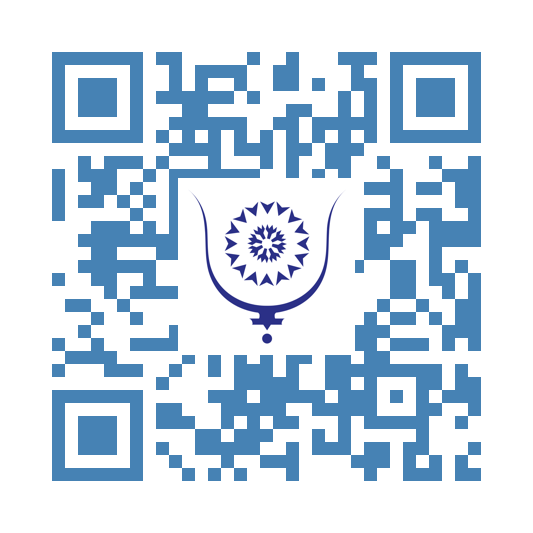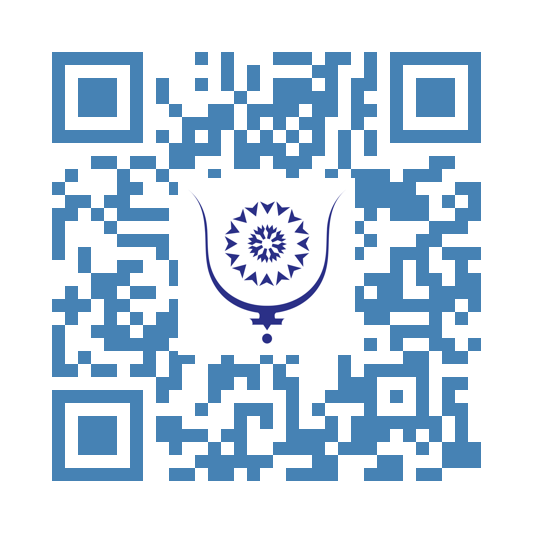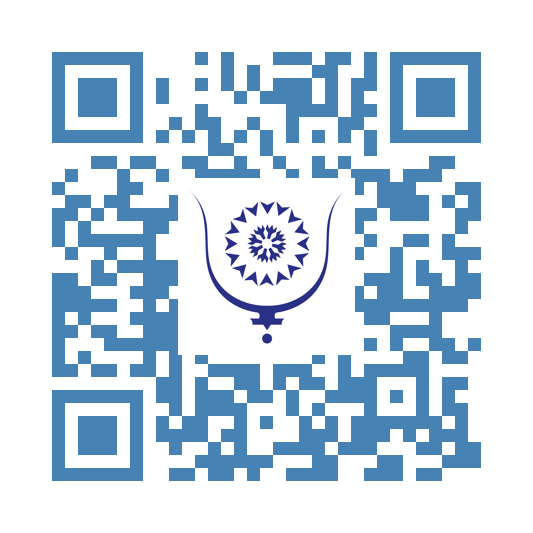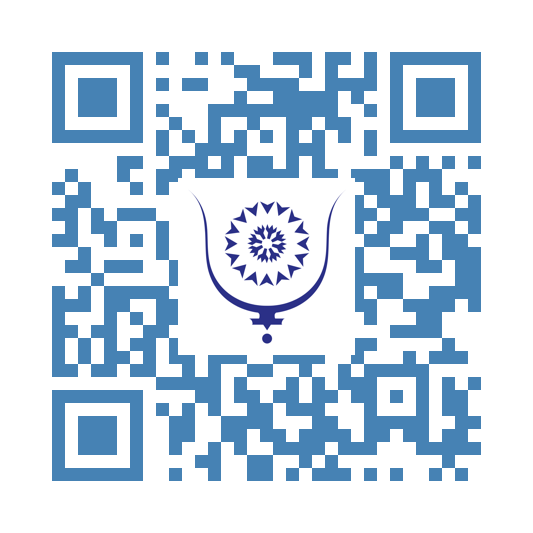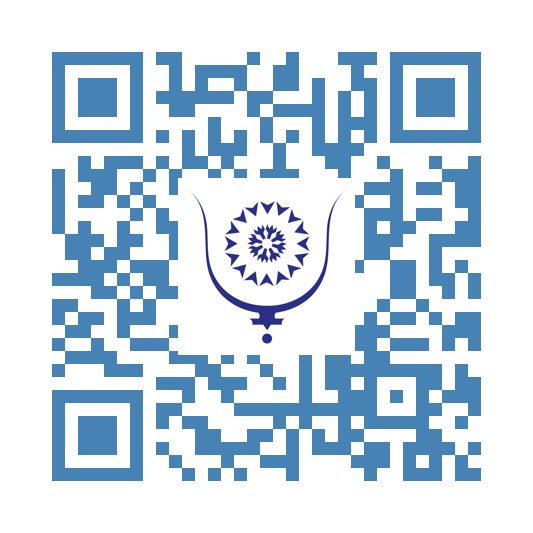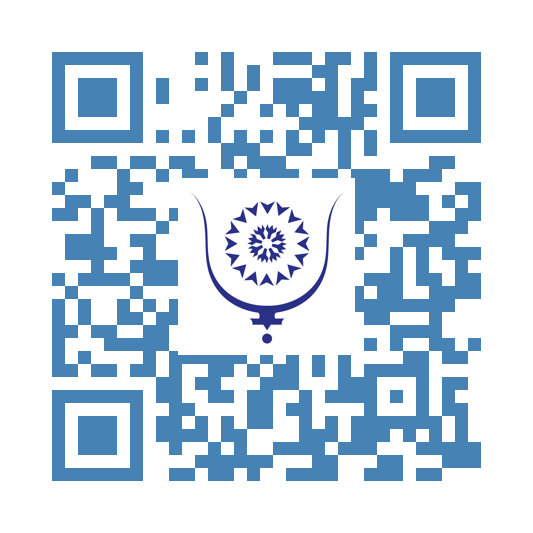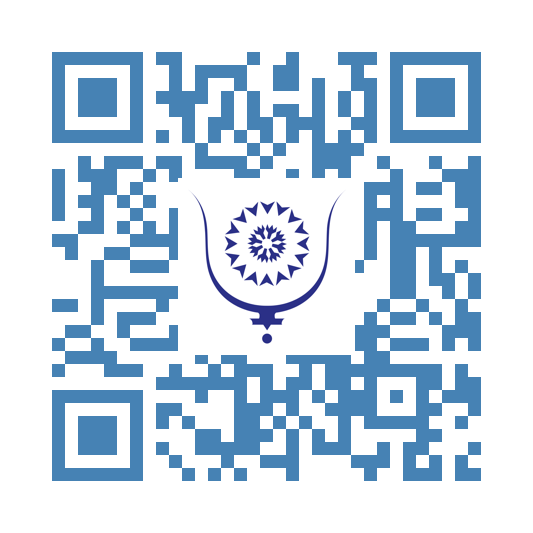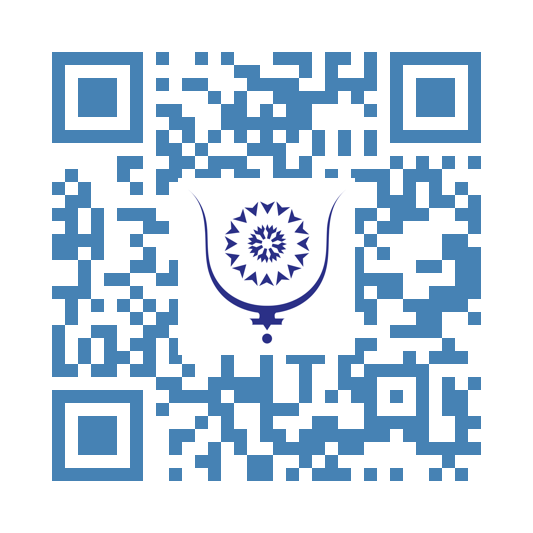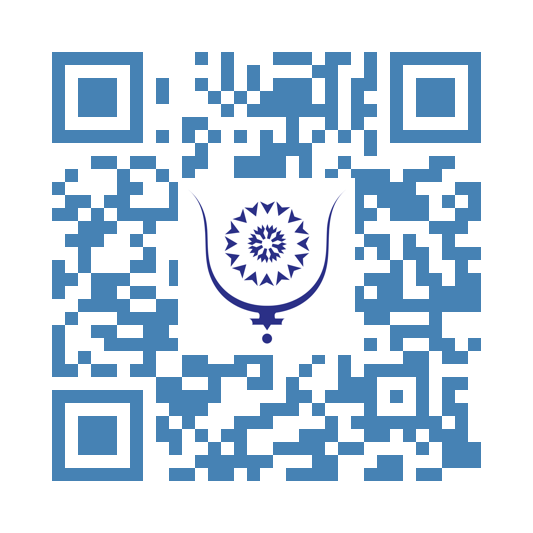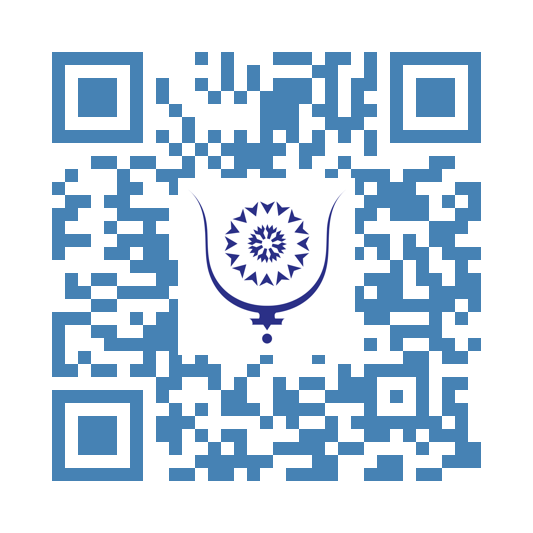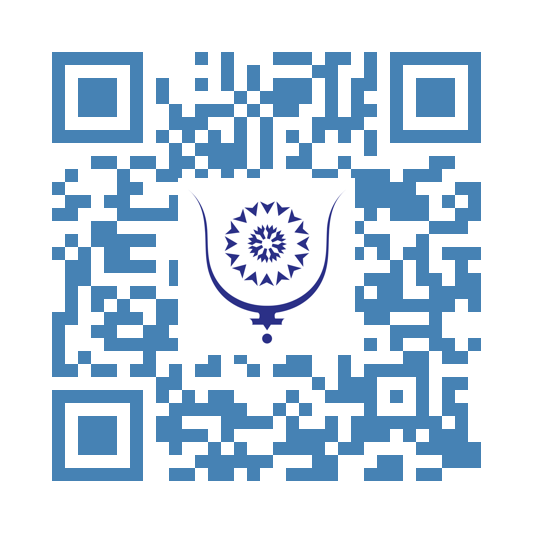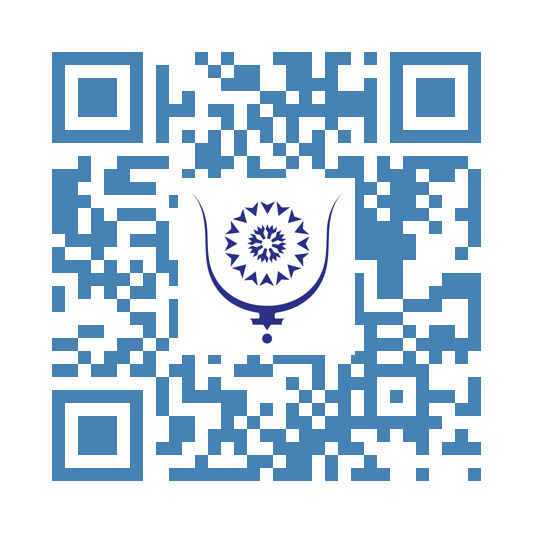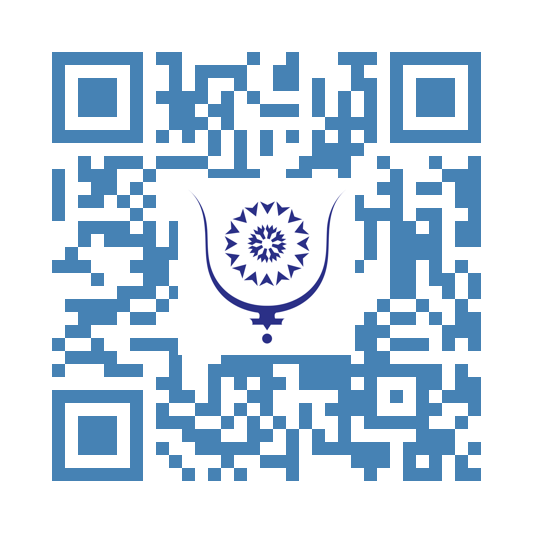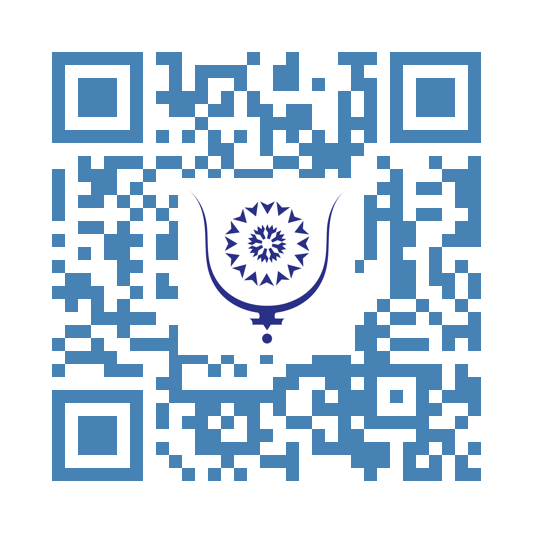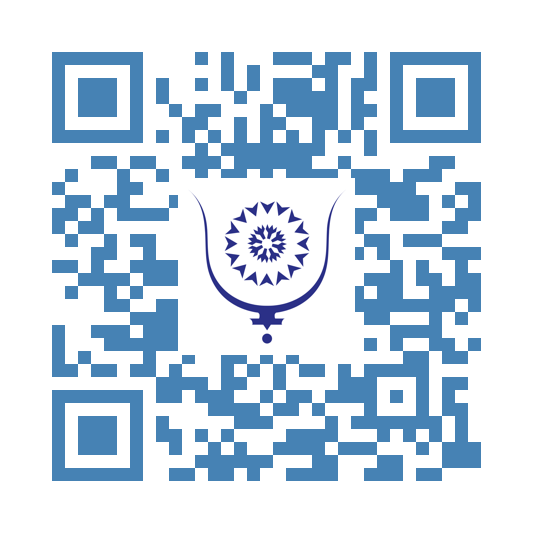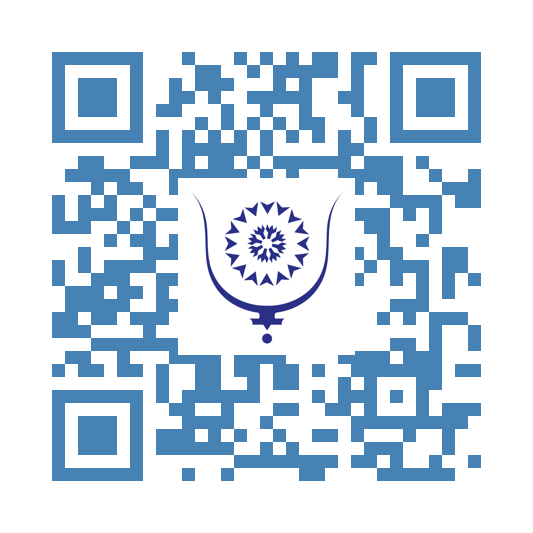Going Forward: An Exercise in Focus. 149
It has been half a year since finishing the design and “publishing” my first modest game.
Find the link to the actual game at the bottom of this article. It's free, no download necessary.
The aftermath of Creating this game can be summarized simply: I still play and enjoy my game.
Nobody else plays it since I didn’t go to any lengths to advertise its existence. Which doesn’t bother me at all.
But it does go deeper than that.
The exercise of creating the game, writing down the rules and having people test it, along with the task of building upon the feedback with refined iterations of the rules, it all forced me to make a choice between my comfort zone and what lies outside of it.
I very much had the option to keep a functioning game recorded exclusively in my mind, and to keep to myself about it (or maybe blog about it). But instead I disciplined myself to produce a product that others can experience in their own way and on their own time.
There are two main take-aways from this choice:
1) Regardless of whether others do play the game or not,
I have created something that can “be pointed at.”
Something tangible, observable and measurable. This feels like hopping over a fence; I had made nothing before, and now I have made something. Going forward from here, this fact will not change regardless of what course of action I choose next.
2)I have felt the feeling of reaching outside of my comfort zone and subsequently expanding it by the smallest increment. Which means that going forward from here, while I may have unfamiliar territory ahead of me, the act of crossing into unfamiliar territory is becoming familiar. This is a great personal improvement overall and just like the first point, regardless of what I choose to do next, this will not change.
The next highly uncomfortable step for me at this time will be to promote and maybe even market something of my making. I do have a batch of ideas in that regard that are just waiting to be put into action:
- “try before you buy” weekly evening events at one of my local board games shop, which have the kindness of allowing people to self-promote their homebrew games.
- Attempt to contact Mark on YouTube (Riffle Shuffle and Roll) to see if he’d be willing to feature Bully Takedown on his channel.
- Another game I’m working on (ooh secret project) could be packaged as a prototype and pitched at conventions.
- The secret project could be, gasp, pitched to a publisher once it’s finished and packaged as a prototype.
- Eventually maybe I could even start posting on some socials, wincing merrily along the way.
Any of these steps are unspeakably uncomfortable for me.
Maybe that’s appropriate for pitching to a publisher or at a convention, but the others seem more accessible despite the disproportionate feeling of discomfort regarding those options.
This is where it all becomes an exercise in focus.
Clearly anxiety is hijacking my imagination and taking me into mental headspaces I have no business being in. As a wise fictional character in an animated movie once said: “focusing on what I can control here and now” will be the key to going forward.
I will be starting a dev log soon for the aforementioned secret project, to keep track of the creation of such a thing as a prototype.
Let’s call it Project Contraption for now.
As for the game I published, here it is below. It's called Bully Takedown.
You are leaving Bluwr.
We cannot guarantee what's on the other side of this link:
https://medium.com/@giantsgamedesign/bully-takedown-a-solo-standard-card-game-9d1484291ecc

